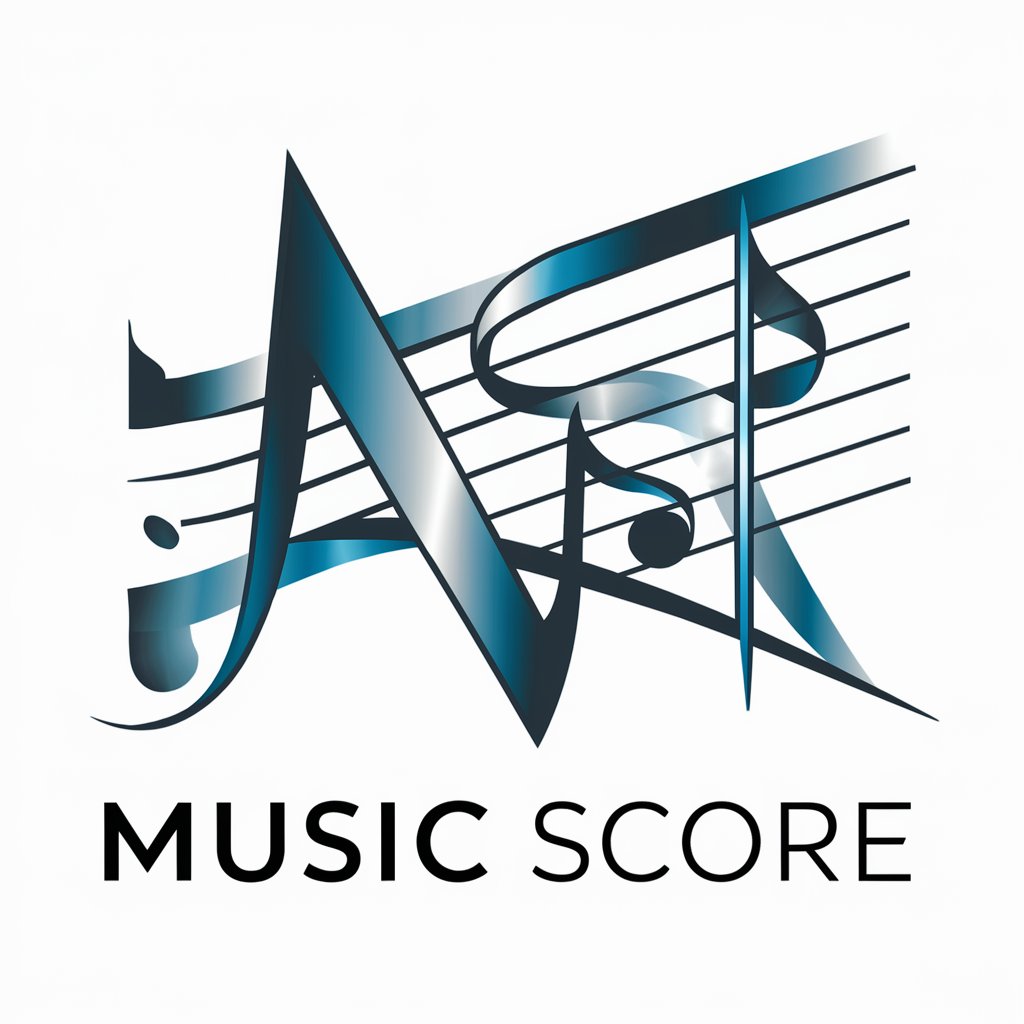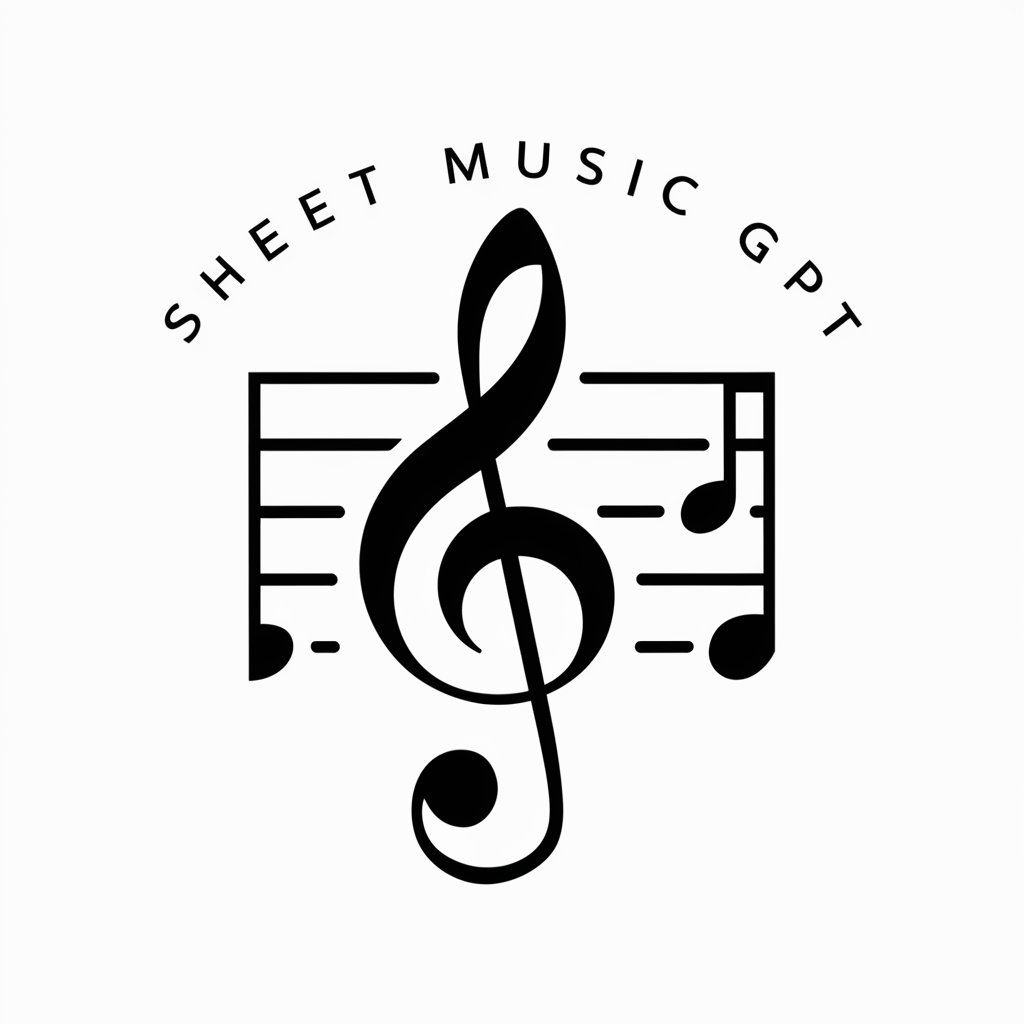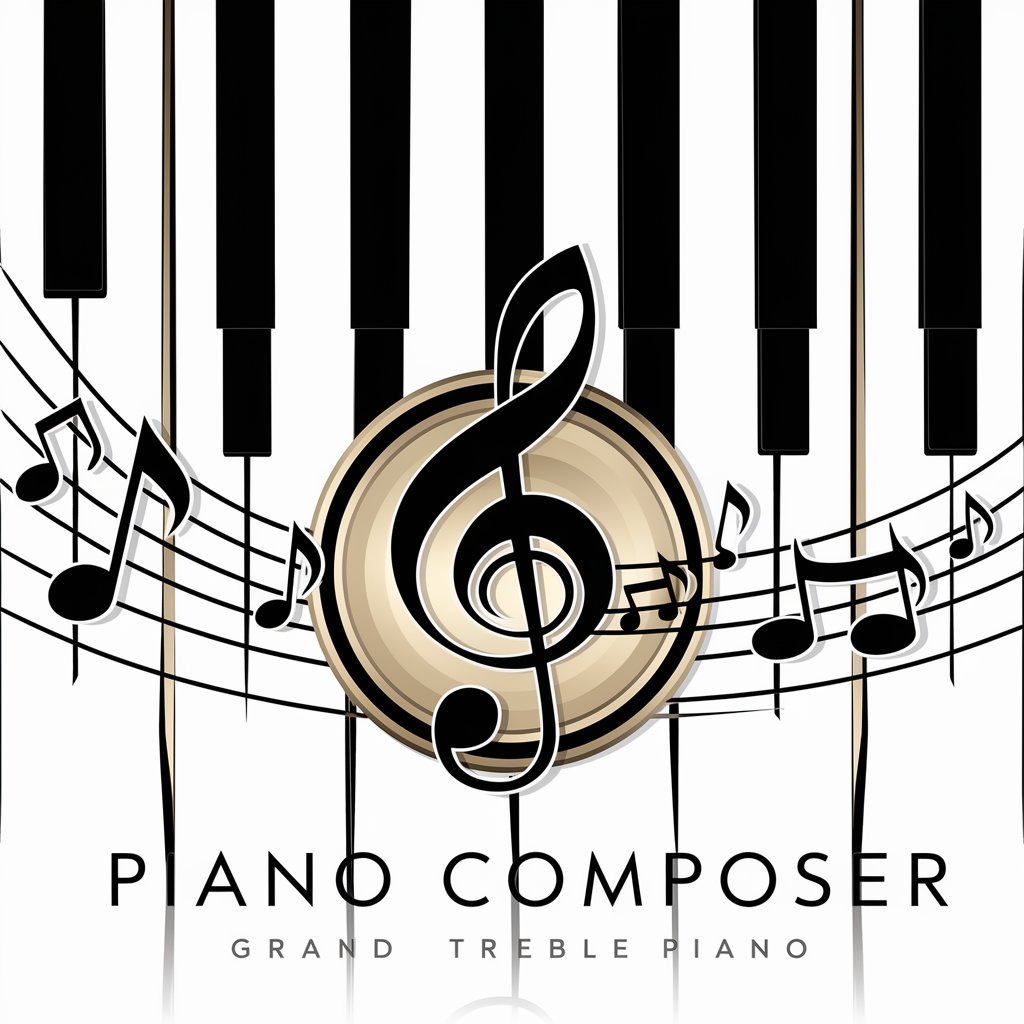4 GPTs for Music Transcription Powered by AI for Free of 2026
AI GPTs for Music Transcription are advanced generative pre-trained transformers designed specifically for the task of converting music into transcribed notation. They leverage AI to understand and process audio inputs, translating them into sheet music or other readable formats. These tools are particularly relevant for musicians, composers, and musicologists, offering an automated solution to the time-consuming task of manual transcription. By adapting the GPTs' capabilities to recognize and interpret various musical elements such as melody, rhythm, and harmony, users can efficiently transcribe music from audio recordings.
Top 4 GPTs for Music Transcription are: Music Score,Sheet Music GPT,Piano Composer,Melody Weaver
Distinct Capabilities and Features
AI GPTs for Music Transcription come equipped with a range of specialized features tailored to the needs of music transcription. These include high accuracy in note detection, rhythm identification, and the ability to handle multiple instruments simultaneously. Advanced models can distinguish between different musical styles and even suggest corrections or improvements to transcribed music. Their adaptability allows them to cater to both simple melody transcriptions and complex orchestral arrangements. Additionally, some tools offer language learning for lyric transcription, technical support for software integration, and the capability to perform web searches or image creations related to musicology.
Who Benefits from Music Transcription AI
AI GPTs for Music Transcription are ideal for a broad audience that includes music students, educators, professional composers, arrangers, and musicologists. They provide a valuable resource for novices looking to learn music transcription, as well as for developers and professionals seeking to streamline their workflow. The tools are accessible to users without programming skills through user-friendly interfaces, while also offering advanced customization options for those with technical expertise.
Try Our other AI GPTs tools for Free
Sheet Music
Discover the transformative power of AI GPTs for Sheet Music, revolutionizing music composition, analysis, and education with advanced, user-friendly tools.
Melody Suggestion
Discover the revolutionary AI GPT tools for Melody Suggestion, designed to enhance music composition through innovative, adaptive, and user-friendly solutions for creators at all levels.
Partnership Reveal
Discover how AI GPTs for Partnership Reveal can transform your approach to partnerships, offering unparalleled insights and strategic foresight.
Market Update
Unlock the potential of financial markets with AI GPTs for Market Update, offering real-time insights, predictive analytics, and user-friendly analysis tools for professionals and novices alike.
Theater Practice
Discover AI GPTs for Theater Practice: your AI-powered assistant in scriptwriting, stage design, and performance analysis. Tailored for theater professionals and enthusiasts alike.
Statistical Methods
Discover AI-driven GPT tools for Statistical Methods, offering intuitive, flexible solutions for data analysis and predictive modeling. Tailored for both novices and experts, these tools revolutionize how we approach statistics.
Expanding Horizons with AI in Music
The integration of AI GPTs in music transcription represents a significant advancement in the field of music technology. These tools not only simplify the transcription process but also open new avenues for music analysis, composition, and education. User-friendly interfaces make these technologies accessible to a wide audience, while the potential for system integration supports a seamless workflow for professionals. As AI continues to evolve, its application in music transcription promises even greater efficiency and versatility, catering to an expanding spectrum of musical genres and styles.
Frequently Asked Questions
What exactly does AI GPT for Music Transcription do?
It automatically converts audio recordings of music into written notation, such as sheet music, by recognizing and interpreting different musical elements.
Can these tools transcribe any type of music?
While they are highly versatile, the accuracy may vary depending on the complexity of the music and the quality of the recording.
Do I need musical knowledge to use these tools?
Not necessarily. These tools are designed to be accessible for users of all skill levels, including those without formal music training.
Can the transcriptions be edited?
Yes, most tools offer editable outputs that users can adjust or refine.
How do these tools handle multiple instruments in a recording?
Advanced AI models are capable of identifying and transcribing music from multiple instruments simultaneously, differentiating between various sounds.
Are there any limitations to what can be transcribed?
Limitations may include very complex polyphonic pieces or recordings with poor audio quality.
Is it possible to integrate these tools into other software?
Yes, many AI GPTs for Music Transcription offer APIs or SDKs for integration into music production software or educational platforms.
How does AI improve over time in transcribing music?
Through machine learning techniques, AI models continuously learn from new data, enhancing their accuracy and adaptability to different music styles over time.



